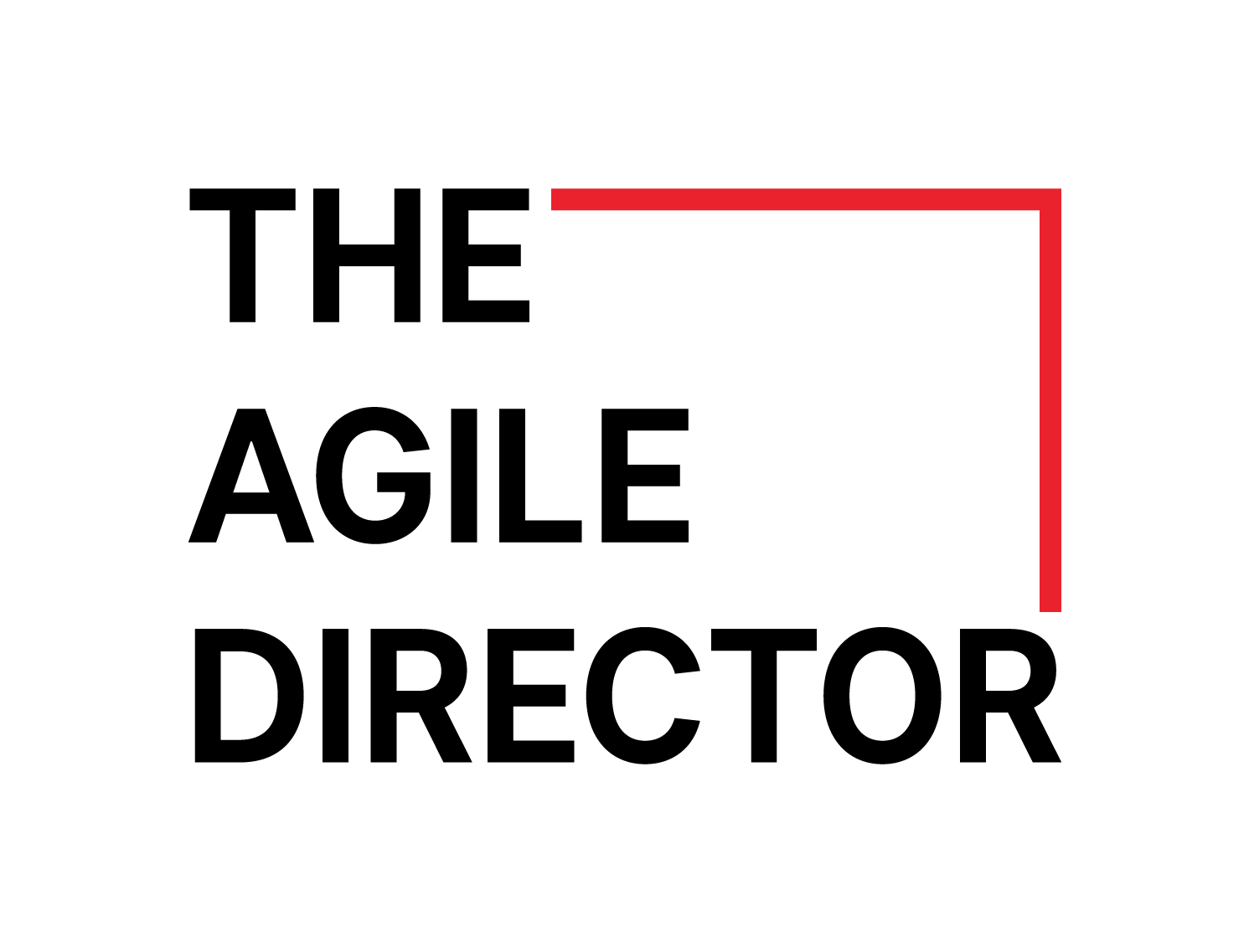
Governance and strategy, are you thinking to the future, AI
The upside of AI – understanding the opportunities ahead
Artificial Intelligence (AI) is – or should be – a growing consideration for all businesses. For those who embrace and grow with the change, AI could be the vehicle to drive them forward into a world of exciting opportunities.
Today’s boards are regularly grappling with how to respond to the challenges of automation and AI. Directors are assailed by news articles, web posts and commentators arguing that business faces imminent disruption and change. Businesses fear obsolescence if competitors manage to adapt to technology in a more agile way than they do.
There is a growing body of evidence about the impact that automation and technology may have on the economy and the workforce. This is particularly true in relation to artificial intelligence (AI) which has the potential to re-engineer whole businesses and reduce the cost of labour by quantum amounts. Much of the discussion of the impact of AI on the workforce focuses on the loss of current jobs.
Some of the articles paint a dark future, where enormous numbers of workers are displaced by automation and surpassed by the superior capabilities of AI. A search of credible sources like McKinsey or Bridgewater Associates gives us estimates of 30 to 50% of all jobs being replaced by automation.
In July 2016 McKinsey estimated that currently demonstrated technologies could automate 45 percent of the activities people are paid to perform and that about 60 percent of all occupations could see 30 percent or more of their constituent activities automated.
The potential impact on the workforce and society is clear. A change which is too rapid could creates the spectre of mass unemployment and societal disruption. Policy makers are increasingly turning their minds to the disrupting risks of AI balanced with the potential for major improvements in efficiency and productivity for business.
Facing into the change
The reason for the focus on technology in the boardroom is clear. Directors are obliged to be thinking about the future. They need to be considering the strategic steps that will place their company in a future ready state, including where automation and AI might enhance efficiency and save costs.
There’s no doubt the impact of AI will be significant. There’s equally no doubt we can’t be sure of the precise long term impact on society. But there is reason to take heart and even some optimism. Some writers observe a clutch of potential upsides to AI:
• Jobs are going, but they’re also evolving
• The kind of jobs that go are repetitive and boring
• Jobs have always evolved through disruption and automation, but it may be a question of pace this time
• AI will be part of a creative destruction: new jobs will emerge from the old
In an interview last year, Daron Acemoglu, a professor of economics at MIT distinguished between enabling technologies and replacing technologies. An enabling technology is something that allows workers to be more productive in tasks and functions they already perform. A replacing technology displaces workers from their jobs. Not all jobs are automatically endangered by AI and new jobs may even be needed to respond to an AI world.
At this point in time, it is difficult to know which technologies will create roles and which might replace them. One of the classic examples of an enabling technology is the use of drones in forest fires. With their ability to scan areas unsafe for humans, drones can survey land, help with predicting the path of forest fires and play a key role in keeping firefighters safe during the fire fighting process. The drones add value to the fire fighter and enhance human safety. In addition, new worker skills are needed to control the drones, assess their feedback and coordinate the response to the data gathering efforts. This means the creation a whole new kind of job arising from an enabling technology.
Automation and the brave new world of technology may well have an upside. It’s an area where directors should be closely scanning the horizon: a horizon that may be approaching faster than they think.
GGI offers a range of resources including articles, how-to’s, case studies and podcasts. It also offers complimentary and low cost e-learning modules online, with more on the way. To stay up to date, sign up to join the GGI Community.
GGI’s purpose: To ensure all businesses, regardless of size or financial ability, have access to leading corporate governance resources to support and enhance their performance.
| Media enquiries:
Janine Sherringham
|
Customer enquiries:
GGI Head Office
|


